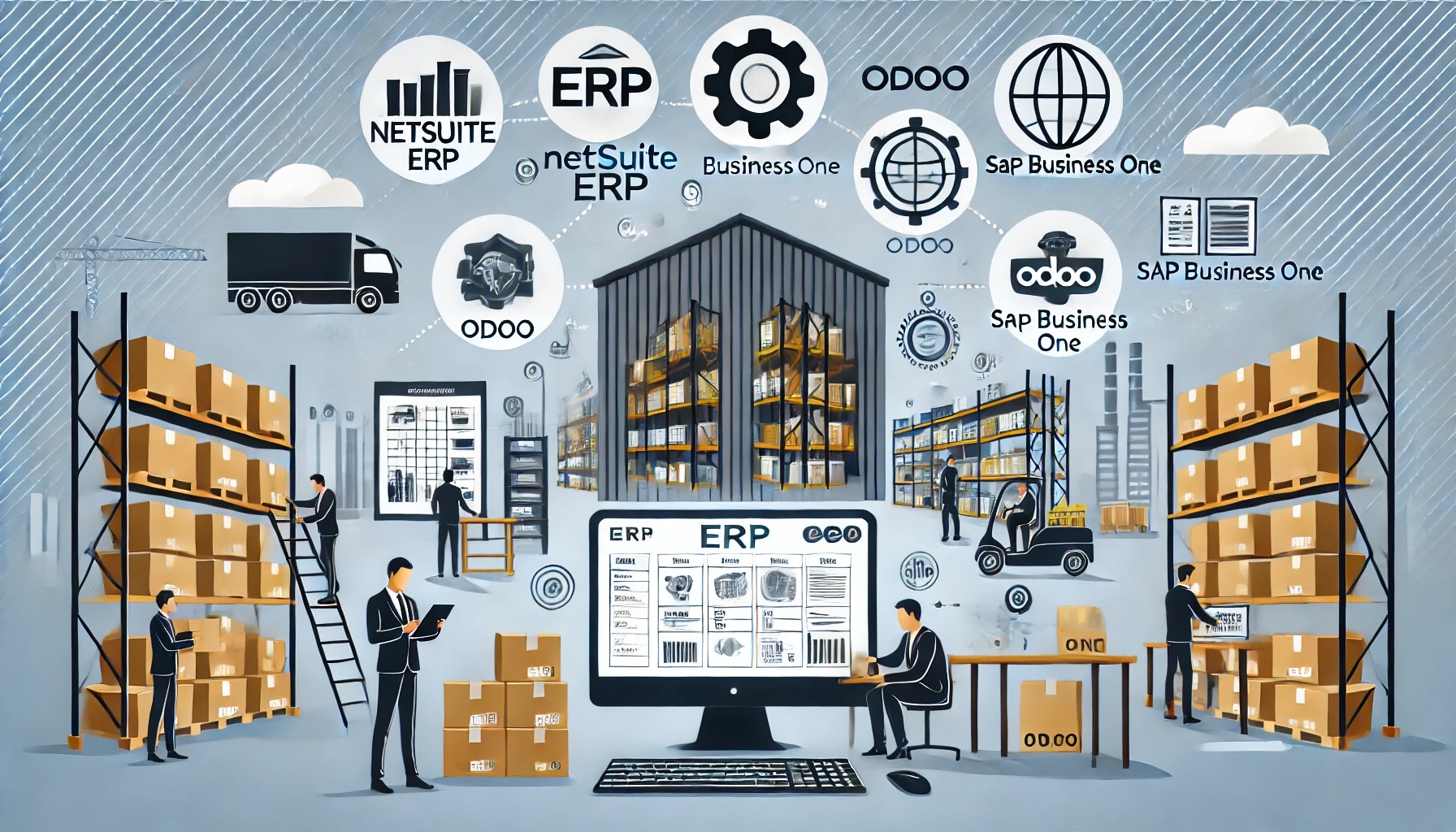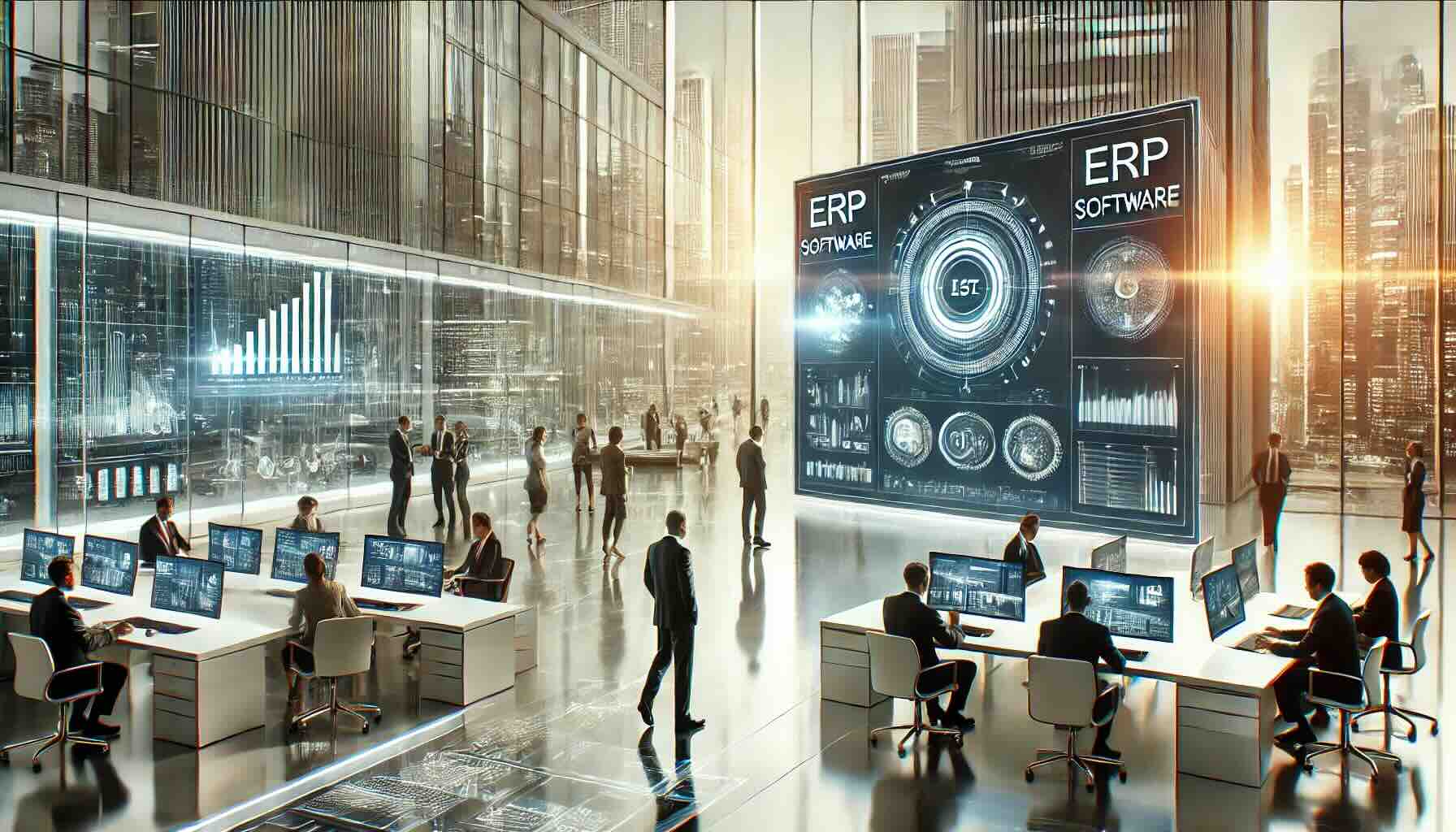Is Acumatica a Good Choice for Aerospace and Defense Companies?

In the aerospace and defense (A&D) industry, companies face numerous challenges, from managing complex supply chains to adhering to strict compliance regulations. Enterprise Resource Planning (ERP) systems play a critical role in addressing these challenges by streamlining processes, improving efficiency, and ensuring adherence to industry standards. Acumatica, a cloud-based ERP solution, has gained recognition in various industries, but is it a good fit for aerospace and defense companies? This article will explore the key features of Acumatica that align with A&D industry needs and evaluate whether it is a viable solution for these organizations.
Key Challenges in Aerospace and Defense
Before diving into Acumatica’s features, it’s essential to understand the unique challenges aerospace and defense companies face. These challenges influence the choice of ERP systems, as the software must address specific industry needs, including:
- Compliance and Regulatory Requirements: Companies must comply with strict government regulations, including ITAR (International Traffic in Arms Regulations), DFARS (Defense Federal Acquisition Regulation Supplement), and AS9100 quality standards.
- Complex Supply Chains: A&D organizations often work with extensive global supply chains, requiring real-time visibility and precise coordination.
- Project Management: Many A&D projects involve long lead times and complex specifications, requiring robust project management and contract management capabilities.
- Cost Control and Budgeting: Companies must carefully track costs to maintain profitability, especially given the long-term nature of many contracts.
- Product Lifecycle Management: Aerospace and defense products have long lifecycles, requiring ERP systems to handle engineering change management, maintenance, and support.
Acumatica must demonstrate its ability to handle these challenges to be considered a good choice for aerospace and defense companies.
Acumatica’s Strengths for Aerospace and Defense
1. Cloud-Based Flexibility and Scalability
One of Acumatica’s most significant advantages is its cloud-based architecture, which provides flexibility and scalability. For aerospace and defense companies, this means the ability to scale operations without heavy investments in on-premise hardware. Acumatica’s cloud solution supports global operations, a critical factor for companies managing international supply chains.
The cloud-based nature also allows for easier collaboration between departments and partners, as data can be accessed from any location with an internet connection. This accessibility ensures real-time visibility into operations, inventory levels, and financials, enabling more informed decision-making.
2. Integrated Compliance Management
Aerospace and defense companies must comply with stringent regulations, and Acumatica offers integrated tools to help ensure compliance. Its configurable workflows allow businesses to automate compliance reporting and monitor adherence to industry regulations such as ITAR and DFARS. The software can also help organizations maintain certifications like AS9100 by providing traceability throughout the production process, from procurement to delivery.
Furthermore, Acumatica provides audit trails and comprehensive documentation, crucial for defense contractors subject to frequent audits and inspections. These features reduce the risk of non-compliance, which can result in costly penalties or loss of contracts.
3. Advanced Project Accounting and Management
A&D companies often work on complex, long-term projects that involve multiple stakeholders, significant investments, and precise timelines. Acumatica’s project accounting module is well-suited to these needs, providing detailed project tracking, budget management, and cost control. Aerospace and defense firms can track costs and performance at a granular level, ensuring that projects remain on budget and that any variances are quickly identified and addressed.
Acumatica also integrates contract management tools, enabling companies to manage multiple contracts with differing terms, rates, and milestones. This flexibility is vital for aerospace and defense companies that often juggle several government and private-sector contracts simultaneously.
4. Supply Chain and Inventory Management
Managing an aerospace and defense supply chain requires advanced tools to ensure efficiency and visibility. Acumatica’s supply chain management features support real-time tracking of inventory, suppliers, and orders, providing businesses with end-to-end visibility. This capability helps prevent production delays, optimize inventory levels, and reduce lead times.
Additionally, Acumatica supports multiple manufacturing processes, from make-to-order to engineer-to-order, making it adaptable for the varied production environments typical in aerospace and defense. With multi-site support, companies can manage multiple manufacturing locations and warehouses from a single platform, ensuring streamlined operations across the globe.
5. Cost Control and Financial Management
Acumatica’s robust financial management tools help aerospace and defense companies maintain strict cost control, essential in an industry where margins can be tight, and contracts often have rigid budget constraints. The platform supports real-time financial reporting, giving executives visibility into company-wide financial performance and enabling quick responses to any financial deviations.
The software’s multi-currency, multi-entity capabilities allow organizations to manage international operations efficiently, handling transactions in different currencies and consolidating financials from multiple subsidiaries. This feature is particularly beneficial for large aerospace and defense firms with global operations.
Potential Drawbacks of Acumatica for Aerospace and Defense
While Acumatica offers numerous features that cater to aerospace and defense companies, there are some considerations to keep in mind.
1. Customization and Industry-Specific Needs
Aerospace and defense companies may require customizations to tailor Acumatica to their specific needs. For example, complex engineering requirements, in-depth maintenance, repair, and overhaul (MRO) functionalities, or specialized product lifecycle management tools may not be fully covered by the out-of-the-box version of Acumatica. While the platform is highly configurable, businesses might need to invest in custom development or third-party add-ons to meet their industry-specific requirements.
2. User Training and Change Management
Migrating to Acumatica or any new ERP system requires thorough training and change management efforts. Aerospace and defense companies with complex processes and legacy systems might experience a steep learning curve when transitioning to a cloud-based solution like Acumatica. It’s crucial to allocate resources for employee training and to have a well-planned implementation strategy to ensure a smooth transition.
3. Limited Built-In MRO Capabilities
While Acumatica can support various manufacturing processes, its built-in Maintenance, Repair, and Overhaul (MRO) capabilities may not be as comprehensive as those found in ERPs specifically designed for aerospace and defense. Companies with significant MRO operations may need to invest in additional customization or integrate third-party solutions to fill these gaps.
Conclusion: Is Acumatica Right for Aerospace and Defense?
Acumatica offers a compelling solution for aerospace and defense companies, particularly those looking for a flexible, scalable, and cloud-based ERP system. Its strengths in project management, compliance, supply chain visibility, and financial control make it a solid choice for companies in this sector. However, organizations with highly specialized needs—such as advanced MRO or intricate engineering requirements—may need to consider customization or additional modules to fully meet their needs.
Ultimately, the decision to implement Acumatica for aerospace and defense will depend on the specific requirements of each company. For those seeking an ERP that balances functionality, scalability, and modern cloud technology, Acumatica presents a strong option worthy of consideration. To find out more about Acumatica click this link.
You can compare Acumatica with 100+ other ERP solutions using our AI-powered Compare ERP tool. It’s free to use and provides tailored recommendations, making it easy to find the best ERP for your business in minutes.









